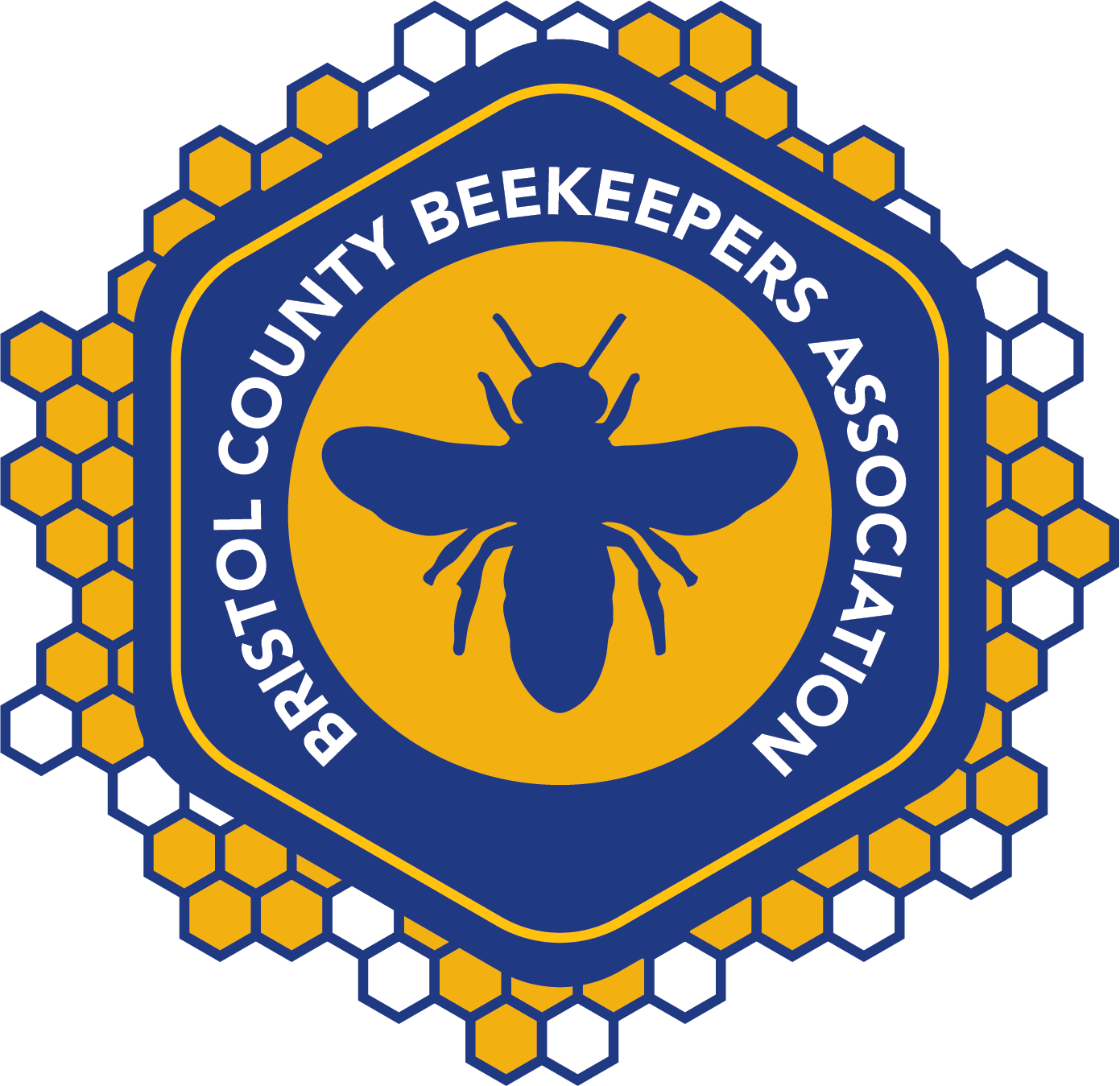bristol county beekeepers associationWe Collaborate & Educate to Preserve the Future of Honeybees | Member Sign In |
THE BUZZ LINE and Other Club Videos
Buzz Line is a monthly, hour-long, open panel with experienced beekeepers ready to answer your questions and share insights.Gain practical advice on hive management, bee health, and more while connecting with fellow beekeepers.
On occasion, members of our club will hold informational virtual meetings and make the recording available for the rest of us.
Check the Events page for the next Buzz Line.
Watch Buzzline Janaury 21, 2026
Winter Nutrition & Feeding Strategies
The War on Mites: New Tech & Treatments
- Sustainable Colony Growth
- The "Good Neighbor" Policy
- Winter Physics & Hive Hardware
Workshop & Maintenance
Watch Buzzline November 19, 2025
This discussion features beekeepers sharing their diverse methods for winterizing their honeybee colonies, covering topics like hive insulation, feeding strategies, bottom board selection, & mite treatment.
Insulation & Hive Setup
Bottom Boards, Ventilation, & Moisture
Feeding & Colony Strength
Mite Treatment & Swarm Management
Watch Buzzline October 15, 2025
- Varroa Mite Management: Testing, Treating, and Timing
- Oxalic Acid Vaporizer Tips
- Honey Harvesting & Winter Preparations
- Winter Hive Inspection & Configuration
- Winter Feeding
Watch BuzzLine September 17, 2025
- Late season hive management
- Combatting robbing
- Hive health and genetic
- Cost saving tips
- The importance of feeding new packages
- Introducing the swarm app for swarm reporting.
- Techniques for encouraging comb drying.
- Strategies for splitting a strong hive
- Preventing swarming in single-deep hives
- Queen Cells: Development and Supersedure/Swarm Cells
- Transitioning from double-deep to single-deep
- Queen rearing techniques
- Reviving small, struggling hives
- Installing package bees
- Single brood box management
- Mite treatment strategies
- Overwintering and colony losses
Watch: April 9, 2025: The proper use of the Lorob Bees InstantVap.
- Consistent mite treatment is crucial for colony survival.
- Oxalic acid vaporization is a gentle but non-residual treatment effective against phoretic mites.
- Accurate mite testing (mite washes) should guide treatment decisions.
- OAV treatment intervals around three days may be beneficial for multiple applications.
- InstantVap offers various battery-powered OAV applicators with specific battery compatibility.
- Treating through the front hive entrance is generally recommended.
- Swarm prevention and hive management
- Queen rearing
- Early spring, feeding and hive health
- Temperature and seasonal considerations
- Honey harvesting and hive health
- Equipment and best practices
- VSH (Varroa Sensitive Hygiene) Queens
-
- https://opterabees.com/product/ubeeo-kit/.
- https://www.projectapism.org/pam-blog/a-new-honey-bee-breeding-tool-hits-the-market
- https://bee-health.extension.org/varroa-sensitive-hygiene-and-mite-reproduction/
- https://www.ars.usda.gov/southeast-area/baton-rouge-la/honeybeelab/docs/varroa-sensitive-hygiene-vsh/
- Wetland Apiary in Brockton raises excellent VSH Queens
-
- Walk Away Splits
- Preparing Hives for Winter
- Overwintering Challenges and Colony Losses
- Mite Treatment Options
- Drone Frames and Genetics
- Mentorship and Resources for New Beekeepers
- Winter bee physiology and behavior
- Winter Bee Feeding and Physiology
- Bees' Winter Behavior and Hive Maintenance
- Feeding and monitoring hives in winter
- Bees' Lifespan, Behavior, and Honey Production
- Managing Varroa Mites in Bee Colonies
Watch Buzz Line November 2024:
- foulbrood
- mite treatments
- a new app that maps forage resources
- harvesting honey
- Frame management: Recycle darkest frames to outer parts before winter; organize frames strategically
- Winter hive prep: No upper entrance, insulate top, tilt hive forward ~2-3 degrees
- Feeding: 2:1 sugar water until temps consistently below 50°F; stop when bees refuse
- Continuous learning: Beekeeping requires constant adaptation; practices evolve over time
Watch Buzz Line September 2024 with guest panelists: James DeTerra and Bill Mackintosh
- Transition to 2:1 sugar syrup in late summer/early fall to help bees store food for winter
- Adequate bee population (6-8 frames covered in bees) is crucial for winter survival
- Drawn comb is a valuable resource; protect stored frames from wax moths
- New GPT tools available for diagnosing hive issues and selecting treatments
Watch: Buzz Line August 2024 with guest panelists, Ed Lowe, James DeTerra, and Bill Mackintosh
- Methods for Controlling Small Hive Beetles
- Queen Excluders and Their Use
- Moving Hives and Swarm Management
- Managing queenless swarms and the best practices for capturing and managing them.
- Harvesting Fall Honey and Broken Frames
Watch: Buzz Line July 2024 with guest panelists: Charlene Mello, Ed Lowe, and Tim Cummings
- Bee sting potency and reactions
- Dealing with aggressive bees
- Cleaning and storing beekeeping gear
- Optimizing honey supers
Watch: Buzz Line June 2024 with guest panelists, Amy Tessier, Bill Mackintosh, and Tim Cummings.
- Timing for hive splits and requeening is critical - aim for around Mother's Day when bees are building up after winter
- Monitor hives closely after splits/requeening for signs of new queen acceptance
- Use drone brood frames as a natural mite treatment method
- Follow product labels carefully when using mite treatments like formic acid
- Consider raising your own queens to ensure quality stock and save money
- An extractor with a motor is highly recommended for efficient honey harvesting

